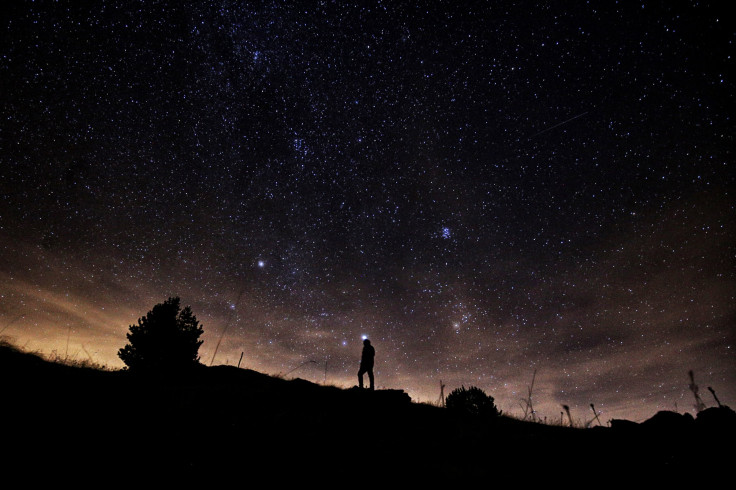'Meteor Outburst' From Asteroid Debris Possible This Weekend
KEY POINTS
- The Earth will pass through the debris field of Apollo asteroid 2006GY2
- It is "worth watching in that period," as per the International Meteor Organization
- Skywatchers may also want to mark their calendars for the upcoming Tau Herculids
A meteor outburst could grace the skies this weekend as the Earth passes the debris of an asteroid. It's still different from the Tau Herculids at the end of May.
The Earth is set to pass through the debris field from Apollo asteroid 2006GY2 on May 15. 2006GY2 is actually a "double minor planet," according to the American Meteor Society (AMS), so even if the exact density of the debris field is unclear, its nature as a double minor planet could provide dense debris.
"(I)t is a dense stream and worth watching in that period," according to the International Meteor Organization (IMO).
The closest approach will be at 10:20 UT (6:20 a.m. EDT). This is said to be excellent timing, particularly for those in Mexico and the southwestern U.S., although the light of the almost full moon could obstruct viewing.
"If your sky is clear and transparent, we encourage you to view the sky near this time to try and confirm any activity," the AMS noted. "This is the first of three possible meteor outbursts in the month of May. We will review the others as we approach the date of expected maximum!"
Those who would like to catch a glimpse of it are advised to give it ample time of "at least an hour" for an optimal viewing experience. The radiant of this event will be close to a star called tau Hercules, although it's different from the tau Herculids meteor shower that could happen at the end of May.
That said, skywatchers may also want to mark May 30 to 31 on their calendars for the upcoming tau Herculids. It's said to be "the most interesting event of this period." Apart from happening on an evening when there will be no moonlight obstruction, it is also a "newcomer" that gives skywatchers a chance to see a shower that "has never been seen before," Bill Cooke of NASA's Meteoroid Environment Office told Space.com.
"This is going to be an all-or-nothing event," Cooke said, as per NASA. This means that skywatchers could either see a "nice meteor shower" or "no meteors" at all, making for a rather exciting experience.

© Copyright IBTimes 2024. All rights reserved.






















